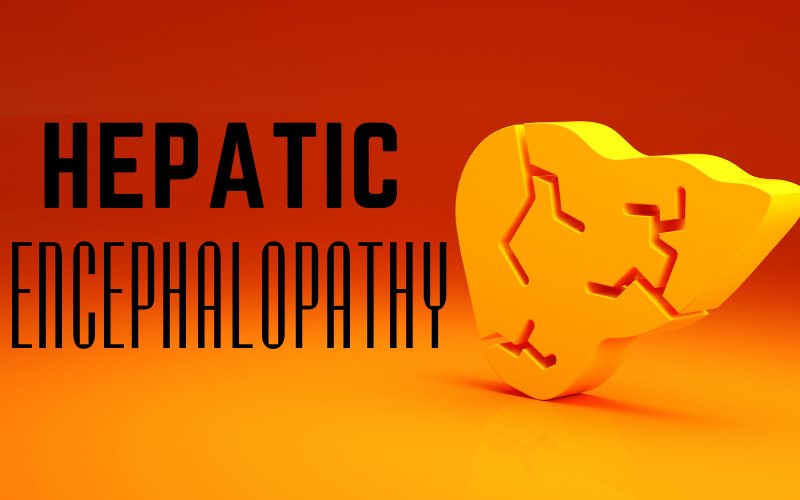Introduction: A Prognostic Perspective on Hepatic Encephalopathy
The journey through Hepatic Encephalopathy (HE) is fraught with uncertainties. Patients and caregivers alike grapple with questions about the condition’s trajectory and long-term impact. This introspective look into HE’s prognosis offers a lantern in the fog for those navigating the complexities of this liver-related brain dysfunction.

The prognosis of HE varies, as it’s intimately tied to the underlying liver condition and its management. Recognizing the early symptoms, which range from subtle cognitive disturbances to overt neuropsychiatric manifestations, is crucial. These early warning signs can be the fulcrum for timely intervention, potentially altering the course of the disease.
Understanding the stages of HE is akin to mapping the landscape of a patient’s condition, allowing for tailored treatment strategies. The spectrum from minimal HE to overt encephalopathy necessitates a nuanced approach to care, emphasizing the need for individualized treatment plans.
The liver’s pivotal role in HE cannot be overstated. Its capacity to function and regenerate holds significant prognostic value, framing the contours of what patients may expect on their HE journey. Breakthroughs in treatment have opened up avenues for better quality of life, giving patients hope for more substantial and meaningful improvements.
As we delve deeper into the prognosis of HE, we encounter a myriad of factors that intertwine with lifestyle choices, nutritional strategies, and long-term management. These facets of living with HE play a vital role in the prognosis and the day-to-day reality for those affected by this condition. By shedding light on these critical aspects, this exploration provides a clearer understanding of HE and its prognosis, paving the way for informed decisions and proactive management of the condition.
1. The Role of Liver Health in Shaping HE Prognosis

The liver is the body’s chemical processing plant, and its health directly influences the severity and progression of hepatic encephalopathy (HE). Patients with robust liver function typically have a more favorable prognosis. When the liver is compromised, toxins such as ammonia that are normally detoxified can cross the blood-brain barrier, leading to the neurological disturbances characteristic of HE.
It’s essential to understand the liver’s capacity for regeneration in the context of HE. Unlike other organs, the liver has a remarkable ability to repair and regenerate itself, which can play a critical role in improving prognosis. However, this potential is not unlimited, and in chronic liver conditions, its regenerative capacity can be severely hindered.
The degree of liver dysfunction is often assessed by the Child-Pugh score, which takes into account several clinical factors, including bilirubin levels, serum albumin, prothrombin time, the presence of ascites, and encephalopathy. A higher score suggests more severe liver disease and, consequently, a potentially poorer HE prognosis.
Management strategies aiming to support liver health can therefore have a positive impact on HE prognosis. Treatments such as lactulose and rifaximin have been shown to reduce the levels of neurotoxins, thereby alleviating HE symptoms and potentially influencing the overall prognosis favorably.
However, in cases where liver disease progresses to the point of requiring a transplant, HE prognosis becomes intertwined with the success of the transplantation. Post-transplant, the resolution of HE symptoms is possible, but this depends on a variety of factors including the match quality, post-operative care, and patient adherence to lifelong immunosuppression therapy. (1)